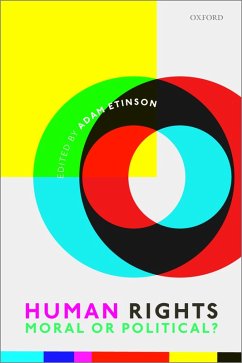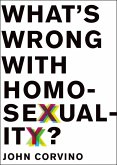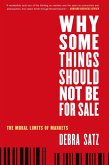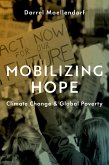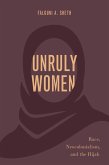Over the past decade or so, philosophical speculation about human rights has tended to fall into two streams. On the one hand, there are "Orthodox" theorists, who think of human rights as natural rights: moral rights that we have simply in virtue of being human. On the other hand, there are "Political" theorists, who think of human rights as rights that play a distinctive role, or set of roles, in modern international politics: setting universal standards of political legitimacy, serving as norms of international concern, and/or imposing limits on the exercise of national sovereignty. This edited volume explores this disagreement, its underlying sources, and related issues in the philosophy of human rights. Using the Orthodox-Political debate as a springboard for broader reflection, the volume covers a diverse range of questions about: the relevance of the history of human rights to their philosophical comprehension; how to properly understand the relationship between human rights morality and law; how to balance the normative character of human rights - their description of an ideal world - with the requirement that they be feasible in the here and now; the role of human rights in a world shaped by politics and power; and how to reconcile the individualistic and communitarian aspects of human rights. All chapters are accompanied by useful and probing commentaries, which help to create dialogues throughout the entire volume.
Dieser Download kann aus rechtlichen Gründen nur mit Rechnungsadresse in A, B, BG, CY, CZ, D, DK, EW, E, FIN, F, GR, HR, H, IRL, I, LT, L, LR, M, NL, PL, P, R, S, SLO, SK ausgeliefert werden.

